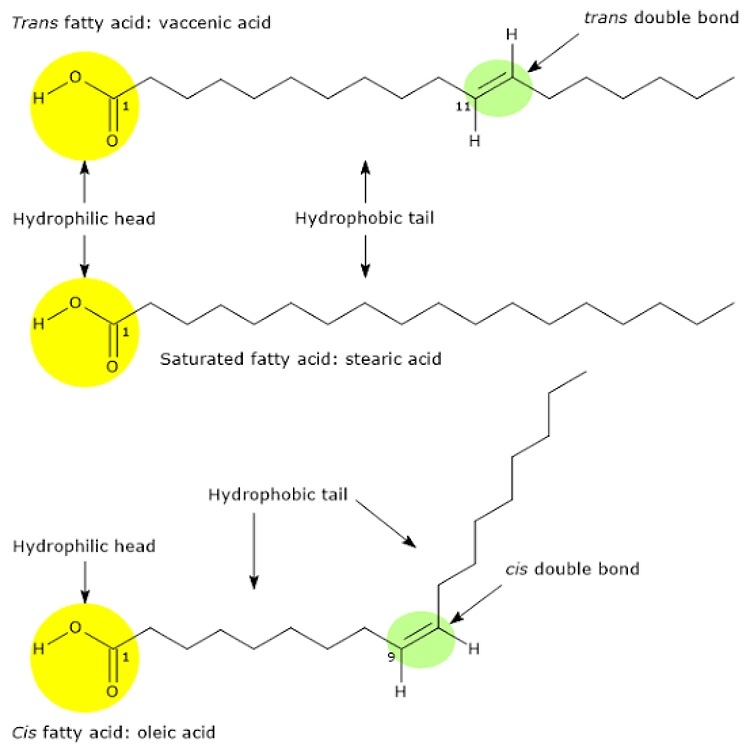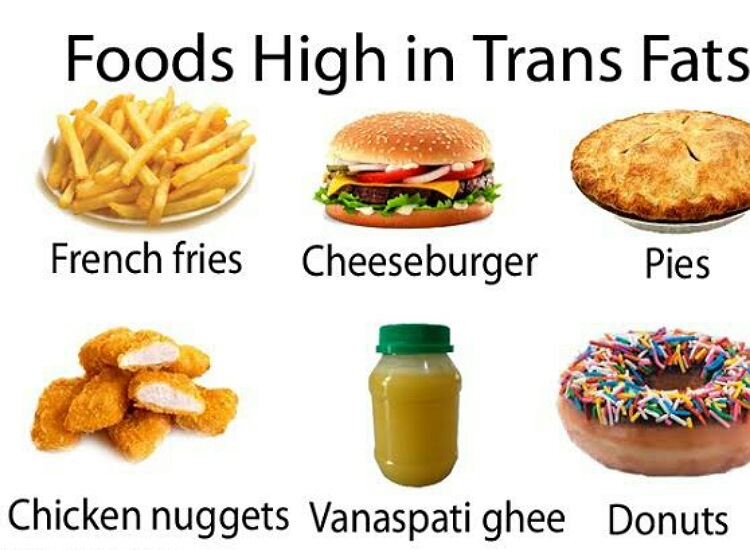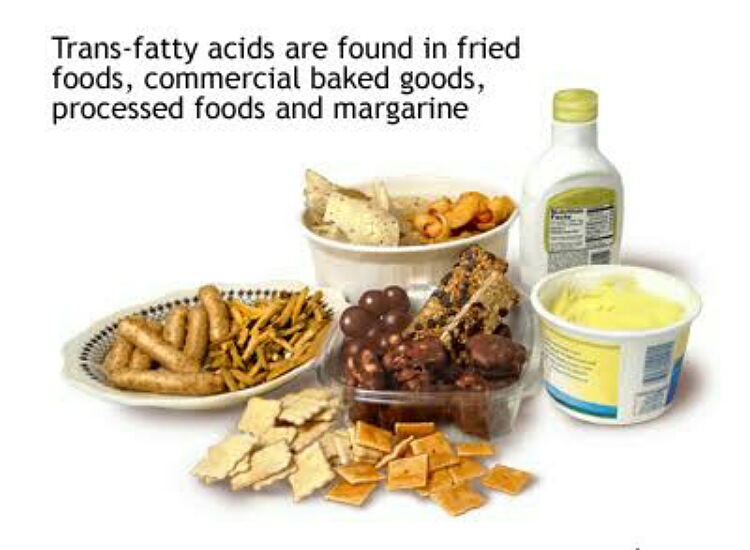A new status report of the WHO released last month stated that the goal for elimination of industrially produced trans fat (trans fatty acids) which was set at 2023 remains unachieved. Even now around five billion people worldwide continue to be at risk of health issues related to these harmful fats.
The new WHO report on trans fatty acids
WHO released a new report in January 2023 about trans fats in foods worldwide. The report admits that even now around five billion people in the world remain unprotected from the ill effects of trans fats or trans fatty acids in food products. This increases their risk of getting heart diseases and even death.
It was in 2018 that the World Health Organization called for measures to curb the industrial production of foods containing trans fats. It wanted the various world countries to take measures and regulate food products so that the amount of trans fats in packaged foods is negligible or zero. The organization set an elimination target of 2023 for it.

Though the population coverage of best practice policies has risen six fold, there is still a substantial proportion of the world population that remains out of these policies because their countries have not adopted them. 43 countries have started to adopt these policies and thus 2.8 billion people have come under protection. But a major chunk still are not saved from the damages of these harmful fats in foods.
Nations with most susceptible population
Industrially produced trans fat is found in packaged foods. They also are present in baked foods, spreads and cooking oils. WHO Director-General, Dr Tedros Adhanom Ghebreyesus opined:
“Trans fat has no known benefit, and huge health risks that incur huge costs for health systems,”
“By contrast, eliminating trans fat is cost effective and has enormous benefits for health. Put simply, trans fat is a toxic chemical that kills, and should have no place in food. It’s time to get rid of it once and for all.”
Out of the 16 countries with highest number of coronary arteries related deaths, 9 countries still have no best practice policies in place. These include Nepal, Pakistan, Bhutan, Australia, Azerbaijan, Ecuador, Egypt, Iran (Islamic Republic of), and Republic of Korea.

Most of these policies are followed by the developed high income world of the USA and Europe. Middle income nations are increasingly adopting these policies. These include Argentina, Bangladesh, Paraguay, Philippines, India, and Ukraine. Mexico, Nigeria and Sri Lanka are considering them this year. But none of the low income nations have adopted best practice policies related to trans fats.
Best practice related to trans fats elimination
WHO has pressed for two best practice policies related to trans fats. These are:
-National ban on the production of partially hydrogenated oils (which is a major source of trans fat) or its use in all foods.
-National limit of 2 grams of industrially produced trans fat in every 100 grams of total fat in all foods.
Also, read The junk food industry and their 8 lies!

Dr Tom Frieden, President and CEO of Resolve to Save Lives states:
“Progress in eliminating trans fat is at risk of stalling, and trans fat continues to kill people,”
“Every government can stop these preventable deaths by passing a best-practice policy now. The days of trans fat killing people are numbered – but governments must act to end this preventable tragedy.”
